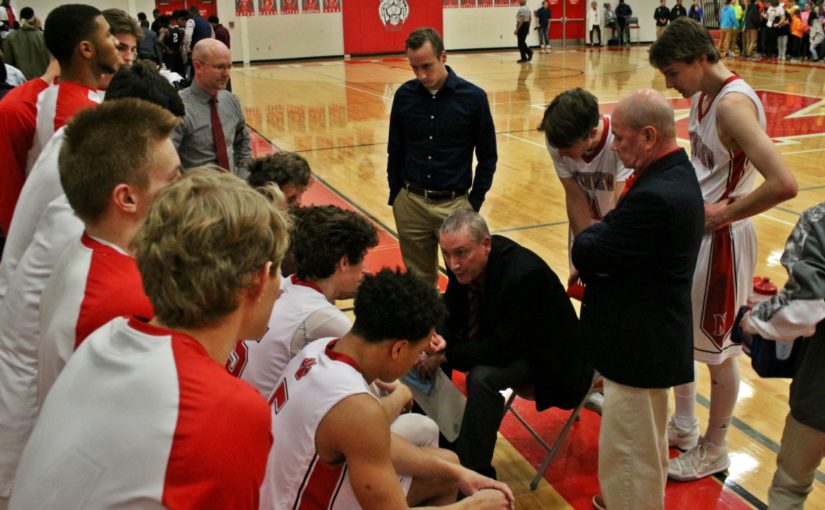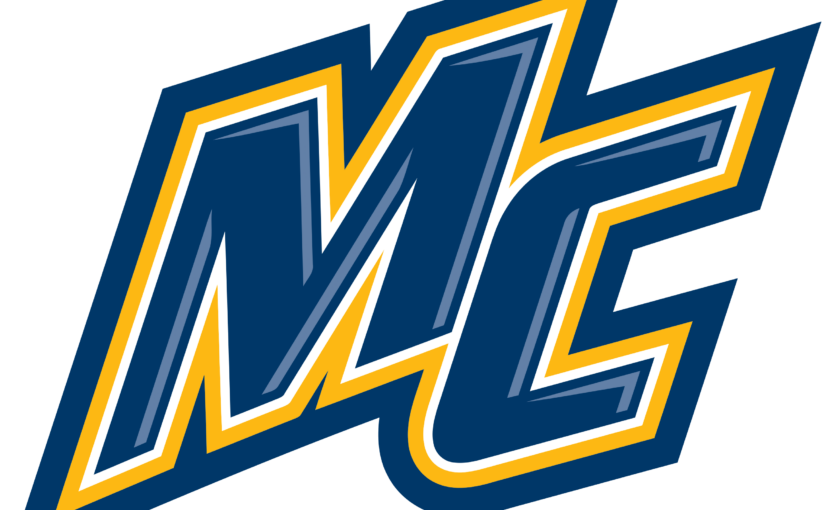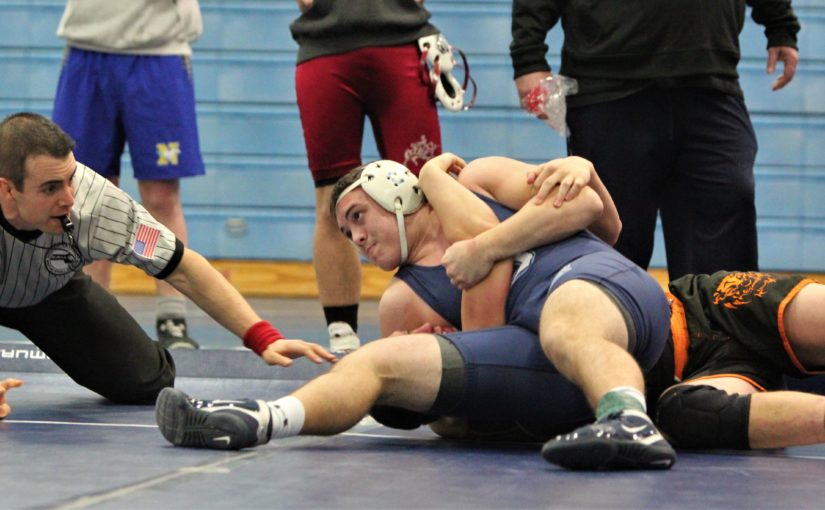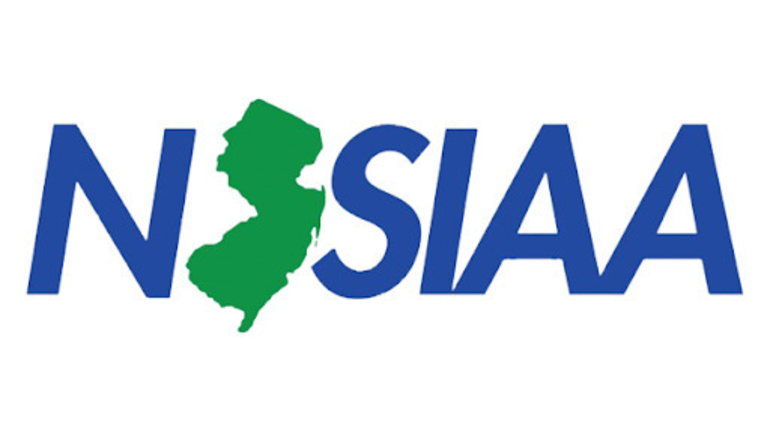Five Strategies for Team Support During COVID-19
Anxious, worried, and looking for answers. That is the daily life of a student-athlete, along with coaches and administrators in light of the COVID-19 pandemic. What do we know and how can we keep everyone informed without instilling more fear or concern? Elimination of the “unknown” trigger points – keeping everyone engaged and informed – can be accomplished with new and innovative uses of technology.
The world has become a virtual landscape. Everything from academic classes, to meetings, to recruiting, to family gatherings has gone online during the COVID-19 pandemic. All in athletics, especially coaches, need to embrace the technology and use it to bring the team together.
The following five strategies support team interaction opportunities to keep the group moving forward through the COVID-19 pandemic while minimizing fear and providing answers.
Keeping Them Engaged
It is important to maintain contact with your team – especially those who may be struggling academically, athletically, or socially due to a host of reasons. Scheduling sessions virtually, within the institutional, conference, and National Collegiate Athletic Association’s (NCAA) Countable Athletically Related Activity (CARA) rules is paramount. Sessions can be done one-on-one, with assistant coaches joining, and/or with the entire team. Regardless of how the virtual sessions are held – one-on-one or full team – check-ins and updates as to what is their normal help to calm those who may be struggling. A virtual session allows coaches to check on the well-being of student-athletes and to refer those who may need additional help – academically or mentally. Most important is the opportunity to engage the individuals or the full team to continually improve on the cohesion of face-to-face team activity.
The New Film Sessions
In the past, coaches would use technology for film study, breakdown, and review. These activities were face-to-face in a classroom projecting the product onto a screen for review. In today’s world, coaches can interact through virtual mediums and “Share Screen” to conduct the same educational film breakdown and play scheme analysis. This new approach allows coaches to demonstrate through video the plays or game plans but still helps to keep necessary social distancing even with teams functioning as family units. Once back on campus, this new strategy to film work, and the ability to provide direct feedback as if in a film room, could allow a better life balance for the student-athlete and the coaches.
Keeping A Schedule
Experts underscore the importance of maintaining a schedule. And it’s especially true as we deal with COVID-19. That schedule could include everything from set team sessions, to class times being consistent, to ensuring enough sleep and a common wake-up time. Again, within the rules of your institution, conference, and the NCAA, teams could conduct daily sessions to gather and review academics, physical activity, or just to ensure a normal opportunity for everyone to interact. Student-athletes tend to travel in groups – the more cohesive the groups the more success will follow – and to maintain a consistent routine and schedule a coach supports the traditional face-to-face model.
Support (Academics and Beyond)
Virtual team sessions are just a start of what is needed during these turbulent times for student-athletes. Engaging virtually with a coach through technology helps to ease the missing athletic section of the student-athlete duality. However, the academic side may require additional support as students who traditionally learn face-to-face is important to challenge. Coaches need to actively participate in student-athletes’ academic progress now, more than during normal academic semesters. Coaches should become greater advocates and liaisons for their student-athlete during the adjustment to online education due to COVID-19.
» RELATED: Minnesota AD ‘Optimistic’ for Fall Return of Sports
The best coaches impact their team members’ lives athletically and academically while providing all the necessary support tools. Advising, mental health support, and tutoring are all important to advancing student-athletes during challenging academic, athletic, and social times and are magnified during this new forced online learning environment. Athletic administrators and coaches have the on-campus connections and must support student-athletes beyond what normally would occur to ensure academic eligibility and athletic advancement, virtually and beyond.
Fitness, Nutrition, and Rest
Student-athletes excel when their schedule includes a balance of academics, athletic activity to include fitness, strength training, and team practices, a solid amount of rest and sleep, and guidance on proper nutrition. It is important to engage your athletic trainers, strength and conditioning coaches, and nutritionist when having team zoom sessions. Athletic Trainers can provide a calming voice to student-athletes when reviewing the necessary physical aspect of training and fitness. Strength and conditioning experts understand the importance of proper technique necessary for training and what is needed to put into your body when physical exertion is not conducted under normal regimented activity. Many schools do not have a full complement of staff that includes nutrition or even strength experts. Engaging colleagues and researching through professional memberships could provide resources highlighting proper methods to train and to eat properly. The NCAA outlines important information through the NCAA Sport Science Institute on rest and how it affects a student-athlete’s ability to be successful. Virtual review and discussion of fitness ideas, proper nutrition techniques, and balancing rest and sleep with academics and athletics allows even greater success during the anxious times faced by student-athletes.
Summary
It is important to provide student-athletes, who engage in one of the more rigorous and regimented schedules of all college students, virtual sessions to keep their identity active. Academics remain paramount to the success of student-athletes and is at the core of their development. With physical athletic competition tabled at the time being, it is important to engage student-athletes with a focus on academics, normalcy through film sessions and practice planning, developing and keeping a schedule, ensuring the proper tools are available to support a student-athletes in- and out-of-classroom activity, and providing education and new methods of fitness and nutrition. During the COVID-19 pandemic break, adaptation to a new way to engage and interact is important, especially for student-athletes so embrace technology and become a virtual leader.
About the Authors
Dr. Michael McFarland is in his ninth year as the director of athletics at Bloomsburg University in Pennsylvania. McFarland conducts weekly calls with student-athletes, coaches, athletic training, and other administrators to continue operations as normal as possible for a 22-team athletic department.





